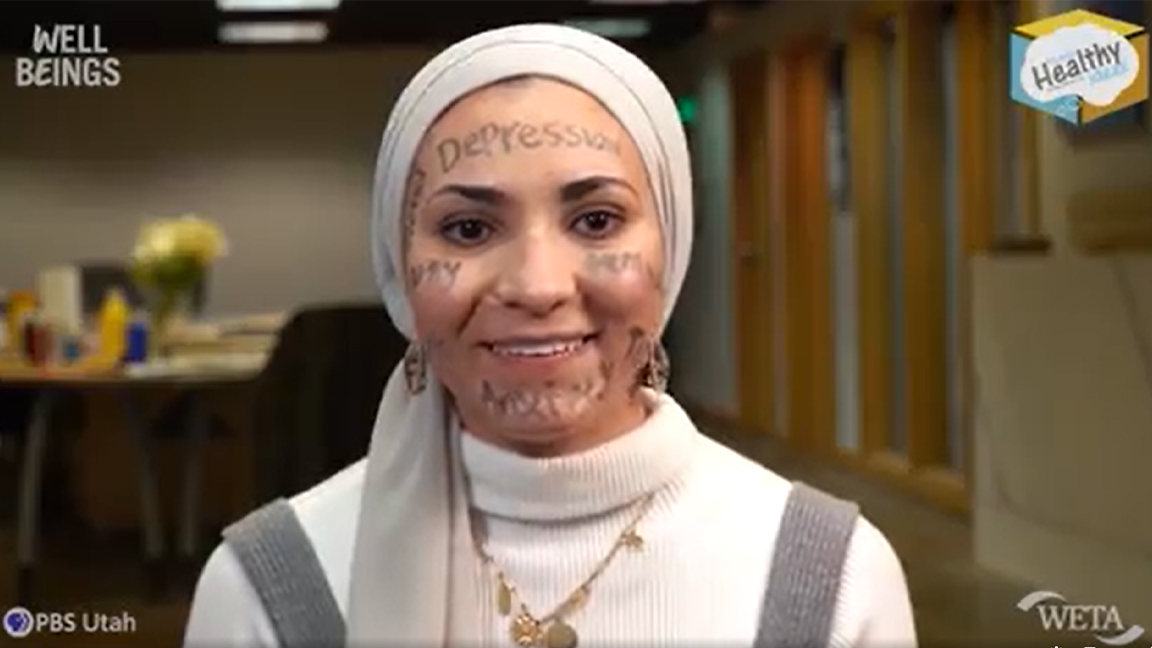
video
November 10, 2023 by Wes Kilgore, Well Beings
Global conflicts, such as the ongoing Israeli-Palestinian conflict and the Russian-Ukrainian war, have far-reaching impacts that extend beyond the immediate areas of engagement. These conflicts can affect not only those directly involved but also individuals worldwide, regardless of their direct connection to the events.
In areas like Gaza and Ukraine, conflict has led to significant psychological distress among residents. Human Rights Watch reports that violence related to conflict can result in depression, anxiety, and post-traumatic stress disorder (PTSD). In such environments, access to mental health services is often limited, exacerbating the situation for those in need.
For refugees and those displaced by conflict, the mental health implications are profound. The UNHCR (United Nations High Commissioner for Refugees) emphasizes that the psychological stress of forced displacement, coupled with the atrocities experienced prior to flight, significantly affects mental health. These individuals often face additional challenges in host countries, including navigating unfamiliar asylum systems and coping with stress and hardship.
The psychological impact of global conflicts extends beyond the conflict zones. Mental Health America highlights that people across the world may struggle with their mental health due to these conflicts, irrespective of their proximity to or direct involvement in the events. This is particularly true for individuals with family in conflict zones, or those exposed to graphic images and news coverage.
Common emotional responses to global conflict include grief, depression, sadness, fear, anxiety, anger, and guilt. These emotions arise not just from direct exposure to conflict but also from the helplessness and frustration experienced by observers worldwide.
To cope with the distress caused by global conflicts, Mental Health America suggests connecting with loved ones, employing personal coping techniques, and being mindful of trauma triggers. For those in or near conflict zones, ensuring physical safety and preparing for emergencies is crucial.
There are many reputable nonprofit organizations and governmental sources that provide information and support charitable efforts to the ongoing humanitarian crisis in Palestine and Israeli:
The Israeli-Palestinian conflict serves as a stark reminder of the extensive psychological impact of global conflicts. It underlines the importance of providing accessible mental health services, both within and outside conflict zones, and highlights the need for community-based, rights-respecting services that cater to the diverse needs of affected populations. As global citizens, recognizing and addressing the widespread mental health implications of such conflicts is imperative for fostering resilience and healing in a world often marred by violence and unrest.
WellBeings.org is a health and wellness resource, not a crisis or suicide response website. If you are in crisis, or experiencing thoughts of suicide, please call or text the 988 Suicide & Crisis Lifeline at 988 or the LGBT National Hotline at (888) 843-4564. The service is free and available 24 hours a day, seven days a week.